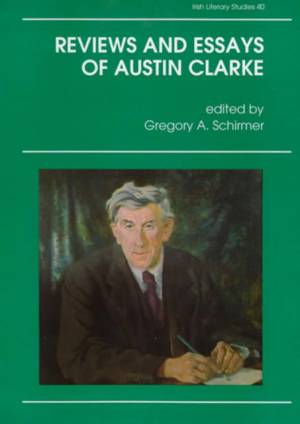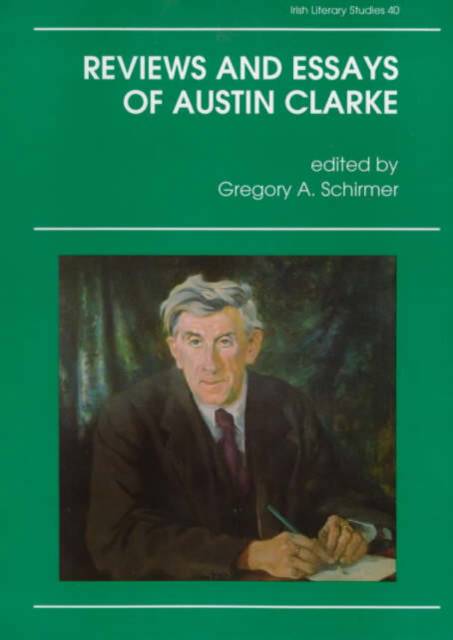
Bedankt voor het vertrouwen het afgelopen jaar! Om jou te bedanken bieden we GRATIS verzending (in België) aan op alles gedurende de hele maand januari.
- Afhalen na 1 uur in een winkel met voorraad
- In januari gratis thuislevering in België
- Ruim aanbod met 7 miljoen producten
Bedankt voor het vertrouwen het afgelopen jaar! Om jou te bedanken bieden we GRATIS verzending (in België) aan op alles gedurende de hele maand januari.
- Afhalen na 1 uur in een winkel met voorraad
- In januari gratis thuislevering in België
- Ruim aanbod met 7 miljoen producten
Zoeken
Omschrijving
As well as a selection of Austin Clarke's critical writings, this work contains a checklist of his reviews and essays, including 400 reviews from the "Times Literary Supplement". Topics covered in the essays include Yeats, the Irish literary revival and modern English and American literature.
Specificaties
Betrokkenen
- Auteur(s):
- Uitgeverij:
Inhoud
- Aantal bladzijden:
- 370
Eigenschappen
- Productcode (EAN):
- 9780861403370
- Verschijningsdatum:
- 26/11/1995
- Uitvoering:
- Hardcover
- Afmetingen:
- 142 mm x 224 mm
- Gewicht:
- 617 g

Alleen bij Standaard Boekhandel
+ 321 punten op je klantenkaart van Standaard Boekhandel
Beoordelingen
We publiceren alleen reviews die voldoen aan de voorwaarden voor reviews. Bekijk onze voorwaarden voor reviews.









